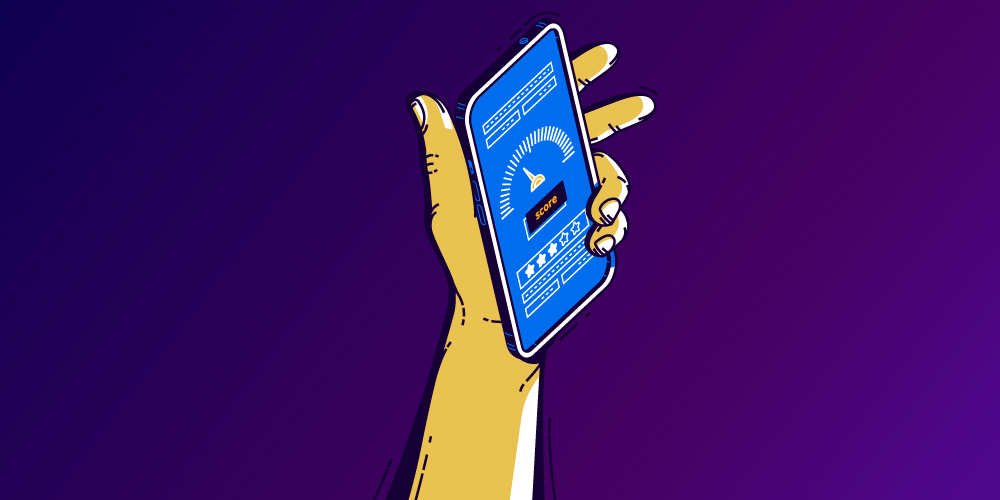Vault12 is a leading platform for protecting personal cryptocurrencies. On October 22, 2020, the company announced the launch of Digital Inheritance, which allows people to pass all types of crypts to the next generation.
New offer in the industry – digital inheritance
Digital inheritance allows users to designate an executor, beneficiary, or Trustee for their crypto assets. The designated recipient will have access to crypto funds that are securely stored in the vault when the owner does not. This is a solution designed to eliminate the risk of irretrievable loss of assets.
In addition to crypto assets that can be added to Vault12, you can also add legal documents, financial data, medical data, and other types of digital certificates. The vault is protected through the Guardian network. These Guardians are trusted people who can be family, friends, or business partners.
With the help of digital inheritance the owner of the warehouse may designate recipient of assets. The owner signs the statement of intent with a digital signature. It is then sent to the specified recipient. If necessary, the Declaration can also be sent to lawyers. When the recipient is ready to access the vault, a pre-set number of Custodians will confirm the request and the assets will be transferred to them.
How digital inheritance reduces risk

Digital inheritance is a solution developed by Vault12 to reduce risk in three main ways. This:
- Comprehensive inventory of crypto assets
The solution accepts all types of digital assets. When used to protect and back up an entire range of assets, it offers an up-to-date inventory of crypto assets and documentation that is easy to inherit.
- Direct access for recipients
Recipients of cryptocurrencies will have direct access to them. This eliminates the need to submit a petition to multiple organizations, financial firms, or government agencies.
- Privacy protection
In contrast to solutions with multiple signatures, the data on the cryptocurrency will remain confidential and secure.
According to max Skibinski, CEO of Vault12, while about 90% of crypto investors expressed concern about inheriting funds in the event of an unexpected death, less than 25% had their own plan to deal with such a situation. As a result, millions of dollars in cryptocurrencies were lost every year.
Skibinski added that there is no real cryptographically secure option for transferring crypto assets. He said the company recognized the challenges of passing cryptocurrency to the next generation. As a result, they developed a decentralized P2P solution that would simplify the transfer of digital assets.
Commenting on the development, the Chairman of Otterbourg P. C.’s privacy and cybersecurity practice, Philip S. Berg, said that inheritance planning with cryptocurrencies can be quite complex. He noted that in addition to privacy concerns, maintaining control over assets is crucial, as it will be difficult to do so later. In conclusion, Berg stated that any solution that protects confidentiality and gives direct access to the beneficiary, executor or Trustee is welcome.


